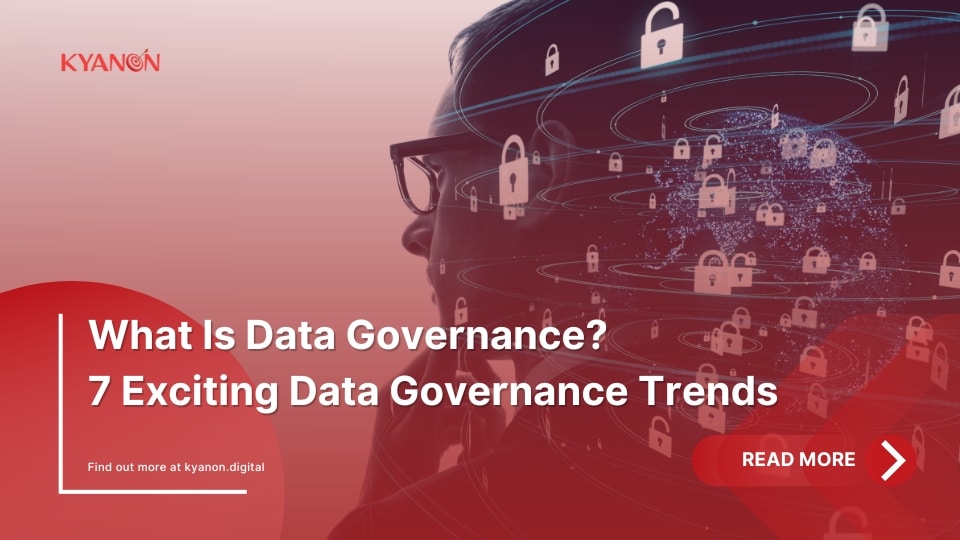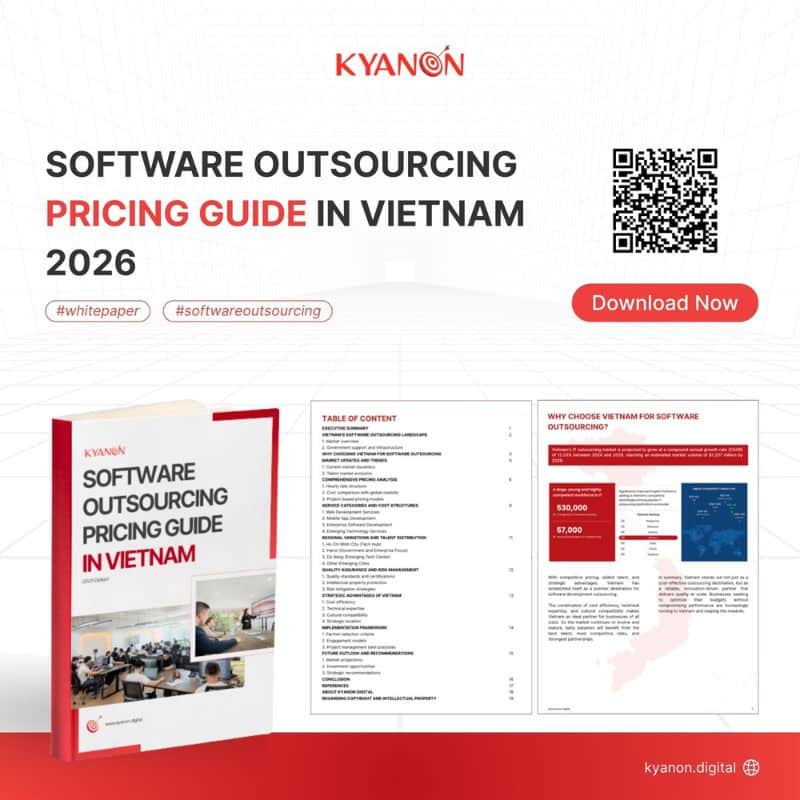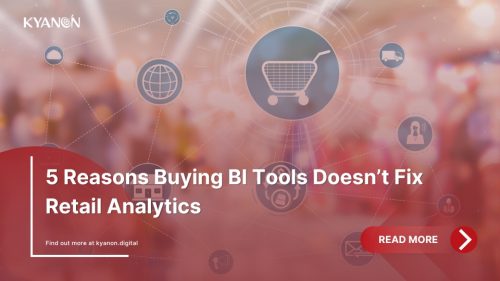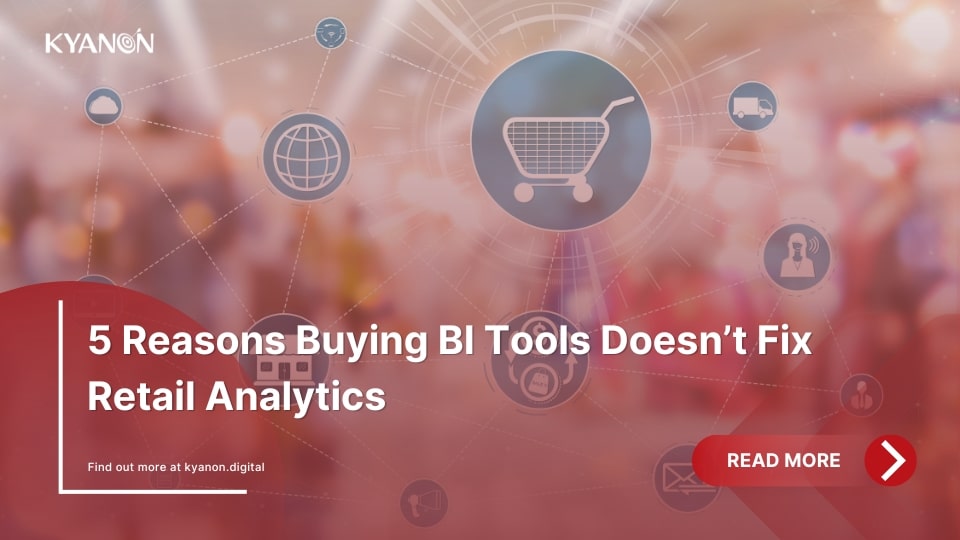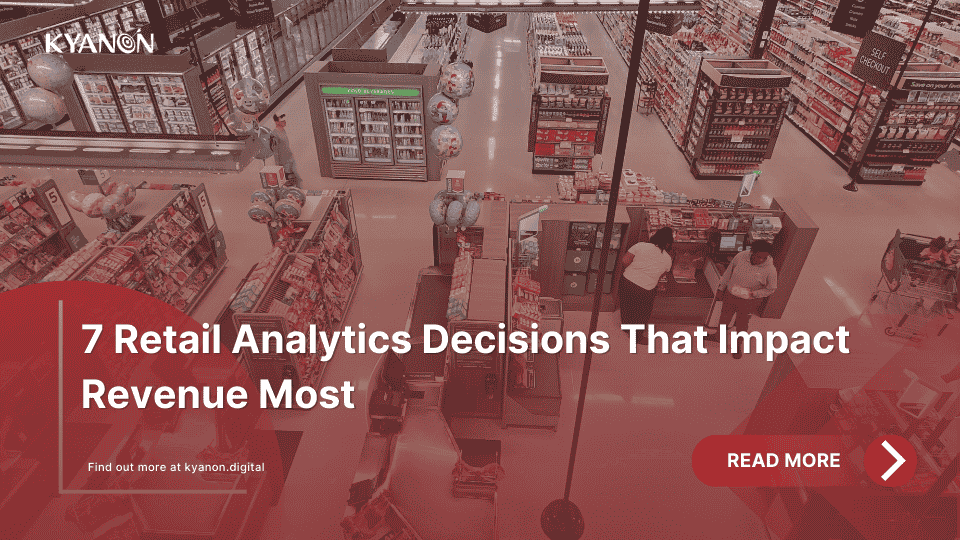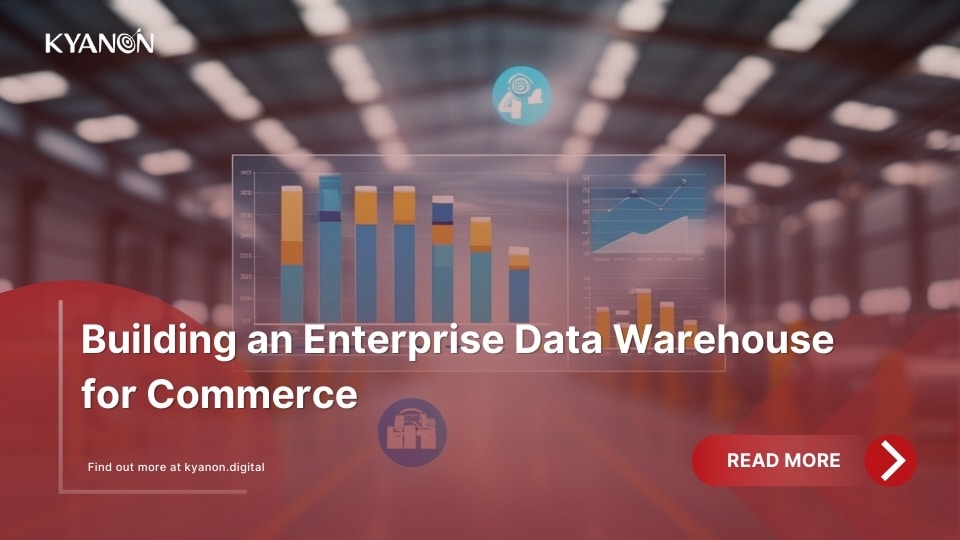Strong data governance is now crucial due to the quick rise in data volume and diversity. Think about this: 181 zettabytes of data are predicted to be produced, stored, duplicated, and consumed globally by 2025. The significance of reliable data management procedures is highlighted by the proliferation of data and pertinent laws like the CCPA and GDPR.
Effective data governance guarantees that businesses may use their data efficiently while lowering risks. The need for strong governance frameworks is more important than ever as digital transformation projects across industries pick up speed. What does data governance’s future hold, then?
What is Data Governance?
According to Google Cloud, data governance is a principled approach to managing data during its life cycle, from acquisition to use to disposal.
Every organization needs data governance. As businesses throughout all industries proceed on their digital transformation journeys, data has quickly become the most valuable asset they possess.
Senior managers need accurate and timely data to make strategic business decisions. Marketing and sales professionals need trustworthy data to understand what customers want. Procurement and supply-chain-management personnel need accurate data to keep inventories stocked and to minimize manufacturing costs. Compliance officers need to prove that data is being handled according to both internal and external mandates. And so on.
Let’s explore the 7 exciting data governance trends and technologies that are set to reshape this crucial business function.
1. Automation: The New Powerhouse of Data Governance
Imagine a world without human intervention where data management, sorting, and quality checks are completed efficiently. Automation contributes to data governance in this way.
The way we handle big and complicated data sets is evolving due to automated tools. They are replacing repetitious tasks, reducing human error, and improving the dependability and quality of data. AI systems, for instance, can now automatically classify and sort data according to predetermined rules, a task that formerly required many hours of human labor.

Automation in data governance isn’t just about speeding up processes — it’s about transforming how data is managed in real-time. With the ability to instantly adjust to changes and errors, automation ensures that organizations can make faster, more informed decisions and boost overall productivity.
Looking to the future, automation is set to be a central pillar in data governance. Its role in real-time data management, error correction, and quicker decision-making highlights its growing importance in the ever-evolving landscape of data. As we continue to embrace these technologies, automation will undoubtedly become an indispensable part of how businesses govern and leverage their data effectively.
Transform your ideas into reality with our services. Get started today!
Our team will contact you within 24 hours.
2. Real-Time Data Processing: Where Every Moment Matters
Remember when data used to be processed in large batches overnight? That method is quickly becoming outdated.
Real-time data processing is now the norm. It seamlessly integrates data collection and analysis, delivering insights at lightning speed. While this approach requires significant resources, it enables quicker, more adaptive decision-making.
Real-time data processing in banking has seen significant growth in recent years, driven by increasing consumer demand for faster, personalized services. In 2023, India led the global real-time payments market with 129.3 billion transactions, accounting for almost half of the world’s total. This marked a 45% increase from the previous year, with 84% of transactions in India now being instant payments.
Other countries such as Brazil have also seen rapid growth, with the Pix payment system handling millions of transactions. The real-time payments market in Brazil is growing at a compound annual growth rate (CAGR) of 25.4%, with projections for 115,000 million transactions by 2028.

However, the rapid pace of real-time processing comes with its challenges. Companies must strike a balance between speed and ensuring data quality and privacy remain intact.
3. AI and Machine Learning: The Intelligent Stewards of Data
AI and machine learning (ML) are no longer fancy tech terms — they’re becoming key players in effective data governance. These technologies are indispensable in managing the ever-growing complexity of data landscapes. 72% of organizations have adopted AI in at least one business function (McKinsey, 2024)
These technologies are making data governance more accurate and efficient in several ways:
- Automatically spotting data oddities and breaches
- Helping manage data quality by finding inconsistencies and duplicates
- Helping predict future trends to guide data governance strategies

Machine learning models are proving invaluable in predictive analytics, guiding future data governance strategies. For instance, in industrial IoT applications, predictive maintenance powered by ML safeguards data integrity throughout operations.
Moreover, AI tools automate numerous data governance tasks, significantly reducing manual workload. Take AI-driven metadata management systems, for example. They help organizations efficiently manage their data assets, from classification to lineage tracking.
As AI and ML continue to evolve, their role in shaping data governance trends will only grow more prominent.
4. Cloud-Based Data Governance: Flexibility Meets Growth
The cloud is transforming data governance by delivering unprecedented scalability and flexibility. Cloud-based governance solutions ensure seamless access to data across various locations and systems, enabling organizations to thrive in today’s distributed work environments.
Companies leveraging platforms like AWS and Azure for data storage and governance gain the ability to scale operations dynamically, adjusting swiftly to evolving business demands. These platforms empower teams through democratized data access, allowing secure usage by diverse stakeholders. For instance, data mesh architectures foster decentralized management, eliminating traditional data silos and enhancing collaboration.

Moreover, cloud governance supports remote work by enabling secure, compliant data access from anywhere. This capability is critical for adhering to stringent regulations such as GDPR and CCPA, which demand robust data privacy and accountability.
Despite these advantages, transitioning to the cloud poses challenges. Organizations must establish robust security frameworks to safeguard sensitive information. Balancing accessibility with comprehensive security measures remains pivotal to leveraging the cloud’s full potential for data governance.
5. Data Ethics and Privacy: Transforming Trust into a Strategic Advantage
Data privacy and ethics have become central to modern business strategies, driven by growing concerns over data breaches and consumer trust. For instance, in 2023, 95% of organizations found that investing in data privacy led to more benefits than costs, with an average return on investment (ROI) of 1.6x.
However, the demand for transparency is growing. Statista reports that in 2023, 68% of consumers globally were more likely to trust companies that are transparent about their data practices.
Furthermore, 96% of businesses agree that privacy investment is vital not just for regulatory compliance but for long-term business success.

6. Incorporating ESG: Data Governance Goes Green
Environmental, Social, and Governance (ESG) factors are increasingly influencing data governance strategies, with businesses aligning their data management frameworks to meet sustainability and social responsibility goals. As organizations face growing pressure to provide transparent, accurate reporting on ESG metrics, data governance plays a key role in enabling responsible data collection and progress tracking.
More than half of organizations now connect their data governance efforts to ESG initiatives, with 52% stating that improving their data governance enhances their ability to meet ESG reporting requirements.

Companies are increasingly building ethical principles into their data strategies to prevent biases and ensure transparency, which fosters trust among stakeholders. For example, many organizations are now prioritizing fairness in their data collection and analysis processes. Google and IBM have established ethical AI principles, which emphasize fairness, transparency, and accountability. These principles guide their approach to AI and data science, ensuring that their algorithms do not inadvertently reinforce biases.
7. Empowering Through Data Literacy and Accessibility
The future of data governance is increasingly focused on empowering people, not just implementing technology. Data literacy and democratization are key trends, allowing non-experts to use and benefit from data independently.
Organizations are investing in data literacy initiatives, such as workshops and online courses, to ensure employees can make the most of available data assets. Additionally, user-friendly platforms are being deployed to facilitate easy access to data, enabling teams across departments — from marketing to executives — to derive valuable insights.

However, with wider data access comes the need for stringent governance to maintain security and integrity. Implementing role-based access controls and continuously monitoring data usage are becoming essential in safeguarding data, ensuring that only authorized users can access and modify it.
8. Challenges in the Future of Data Governance
As we navigate the future of data governance, several challenges loom on the horizon:
- Keeping up with rapidly evolving technologies
- Balancing data accessibility with security concerns
- Ensuring compliance with an ever-changing regulatory landscape
- Addressing the skills gap in data governance roles
- Managing the increasing volume and complexity of data
Overcoming these data governance challenges will require a combination of technological solutions, strategic planning, and ongoing education and training.
9. Preparing for the Future of Data Governance
So, how can organizations prepare for these data governance trends? Here are some key steps:
Invest in Master Data Management (MDM), automation, and AI technologies to streamline data governance processes
- Develop comprehensive data ethics policies
- Prioritize data literacy across the organization
- Regularly review and update data governance strategies to align with emerging trends
- Foster a culture of data responsibility and awareness
By taking these steps, organizations can position themselves to thrive in the evolving landscape of data governance.
Are you ready to lead your organization into this new era of data-driven success? Kyanon Digital can help your business navigate the complexities of data governance and build a strategy that aligns with your goals.
Get in touch with us today to learn how we can help transform your approach to data governance!

